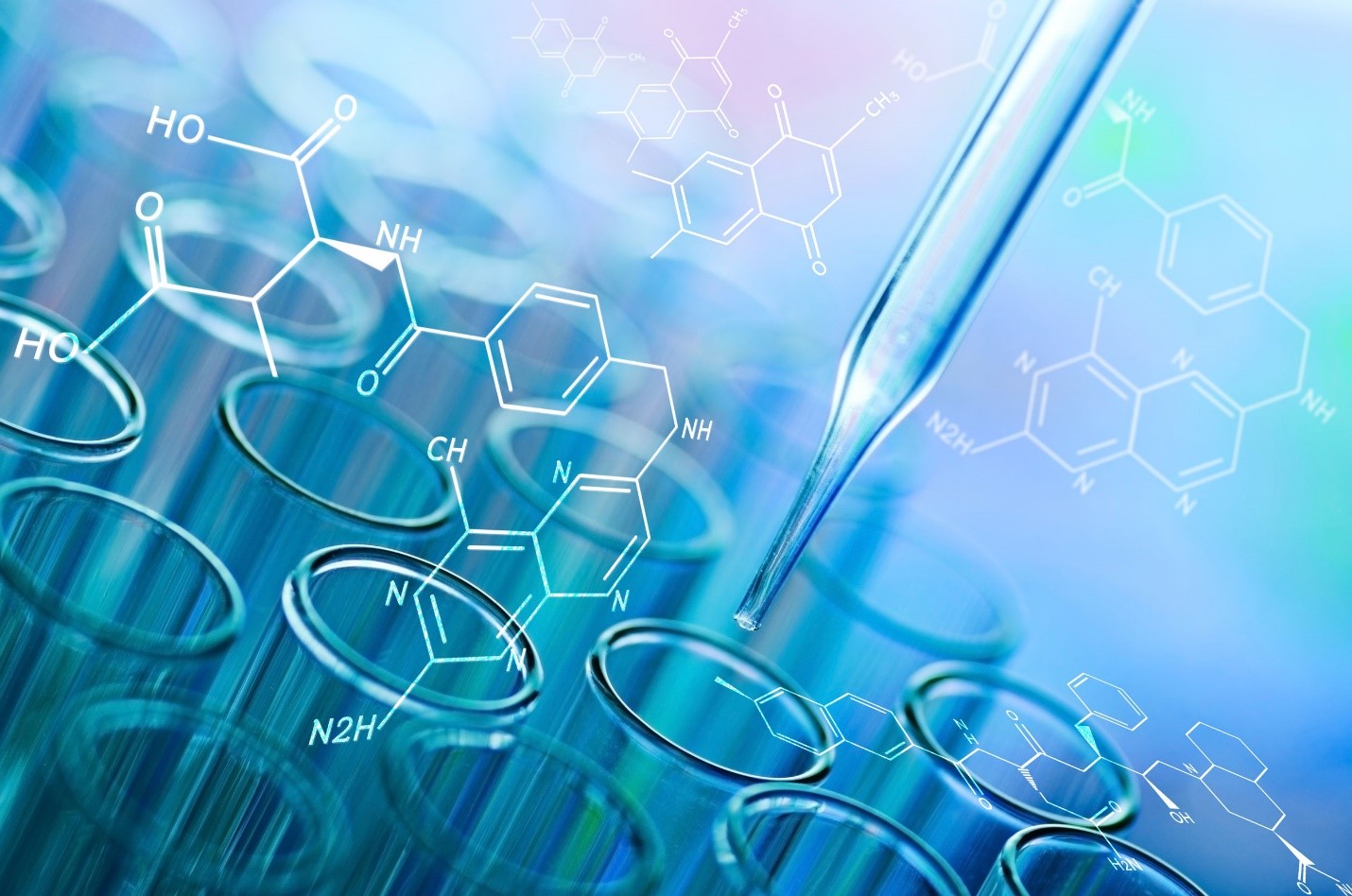We partner with a laboratory that specializes in the determination of the amount of each major component in blood samples from your study using a complete blood count (CBC).
A complete blood count test measures several components and features of blood, including:
- Red blood cells
- White blood cells
- Hemoglobin
- Hematocrit
- Platelets
- Mean corpuscular volume
- Mean corpuscular hemoglobin
- Mean corpuscular hemoglobin concentration
Abnormal increases or decreases in cell counts as revealed in a complete blood count may indicate that the animal has an underlying medical condition.

